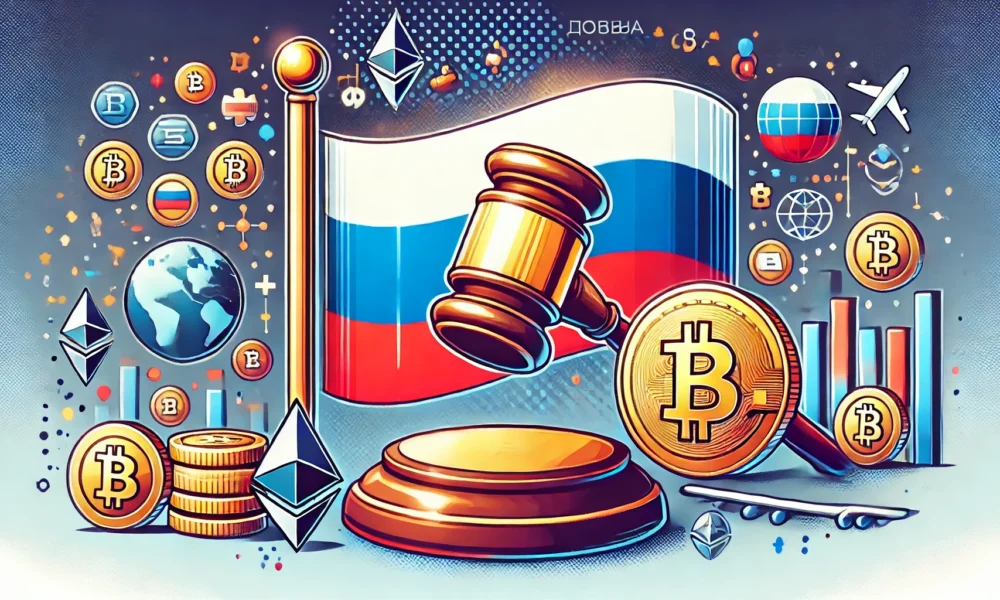Regulation
The beginning of a global financial upheaval?

The adoption rate of cryptocurrencies has been increasing globally in recent years. Countries have changed their stance from banning them to implementing them in everyday life. Following this, the Russian parliament approved such a bill today. This bill will allow the use of cryptocurrencies for international trade. This will lead to a significant change in their economic policy. We all know that Russia is facing ongoing sanctions that make it difficult for them to engage in foreign trade.
Demand for cryptocurrencies on the rise in Russia
Following this legislative change, the demand for cryptocurrencies will increase in Russia. The country is looking to circumvent sanctions and maintain its trade flows by adopting digital currencies. This approach is similar to Iran. Despite sanctions, the country uses locally mined bitcoins for its international transactions. With cryptocurrencies playing a crucial role, Russia’s economic landscape is sure to transform.
Global ripple effect
Countries like the United States, China, and Turkey are integrating digital currencies into their financial systems. Russia is now following in their footsteps. The Russian parliament’s passage of a cryptocurrency bill underscores the trend toward global acceptance of cryptocurrencies. However, the United States may try to counter Russia’s move as the move poses challenges for the United States. American politicians are increasingly distancing themselves from anti-cryptocurrency stances as the upcoming elections add an additional layer of complexity.
Building the infrastructure
Russia’s money laundering watchdog has stressed the need to accelerate the creation of infrastructure for cryptocurrency payments ahead of this parliamentary vote. Companies affected by sanctions need efficient methods to engage in international markets. The watchdog also warns of the risks associated with cryptocurrencies and the need for regulatory oversight to prevent illegal activities.
National challenges
Despite the new law, domestic payments in digital currencies are not allowed in Russia. President Vladimir Putin has acknowledged that problems with payment systems pose a major challenge to the economy. At a government meeting, he welcomed the experimental introduction of a digital ruble, a blockchain-based asset backed by the central bank. In addition, Putin stressed the need to regulate mining farms, which consume a lot of energy and pose risks to electricity supplies in some regions.
Looking forward
Russia is trying to connect its digital currency system with China, Iran, and Belarus. These collaborations will help facilitate transactions between the sanctioned countries. This move will also solidify the role of cryptocurrencies in international trade. This development indicates a broader trend of countries using digital currencies to maintain economic stability amid geopolitical tensions. Russia’s approval of cryptocurrencies for international trade represents a historic decision. Cryptocurrencies will reshape economic policies and the dynamics of global trade as they continue to gain global acceptance.
